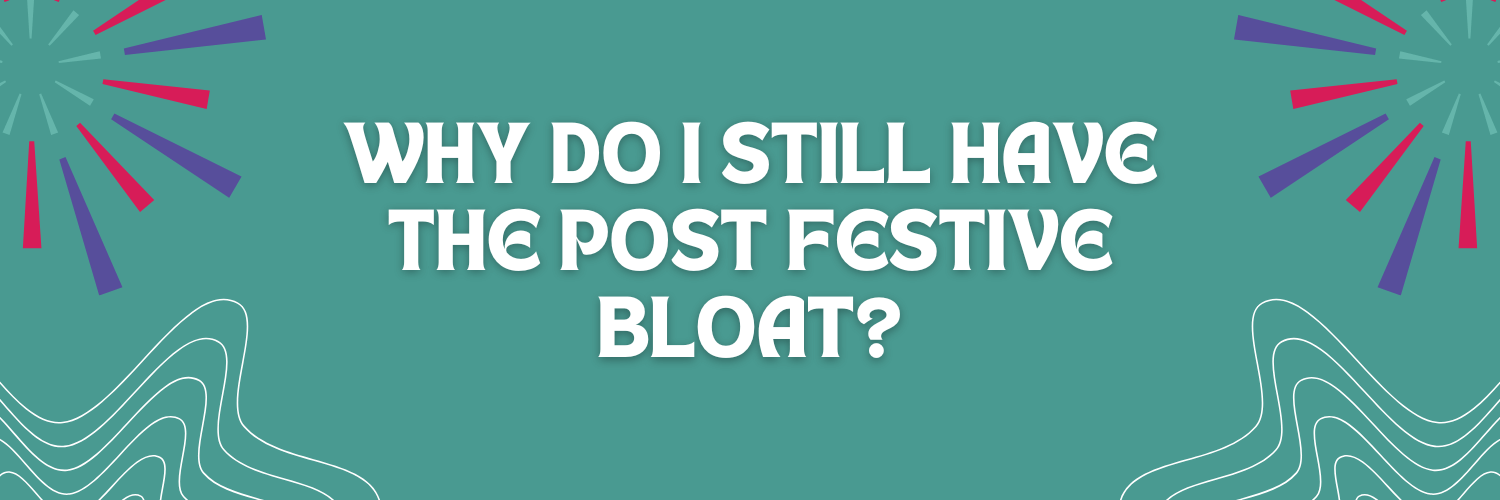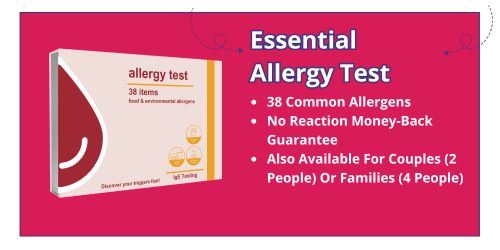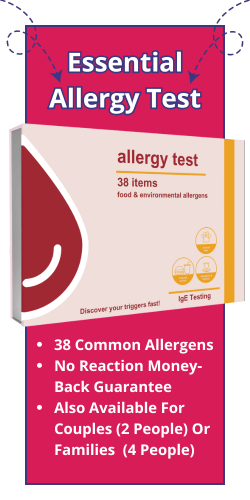Halle Berry, Kim Kardashian, Gwyneth Paltrow, LeBron James. All are famous, and all have something else in common; the Keto Diet. Advocates swear by it, while critics say it is dangerous. But who’s right? And why do you need to take an allergy test before starting this diet?
What is the Keto Diet?
The goal of the Keto Diet is to shift your body from using glycogen & carbohydrates as it’s primary fuel source to ketones. This is achieved by reducing carbohydrate consumption to a trace level and drastically restricting protein intake. This leaves fat as the primary macronutrient. In fact, as much as 75% of your diet should be made up of dietary fat, with 20% protein and just 5% carbohydrate.
What are the supposed benefits of the Keto Diet?
As with any diet, Keto purports to deliver incredibly fat loss results due to the fact it depletes your glycogen (stored energy) levels. It also takes your body more effort to convert fat into fuel than it does to do the same with carbohydrates, which results in extra calories being burned. Keto proponents also claim the diet helps with acne (this may be due to the reduction of processed foods), protecting brain function (studies have found links with improved cognitive function), reduced risk of cancer.
What are the supposed risks of the Keto Diet?
The “Keto Flu” is a commonly reported side effect of the diet. This manifests itself as nausea, vomiting, headaches, fatigue & dizziness and is a short term condition. Other risks associated with Keto include weakness, headaches, constipation, high blood pressure, and muscle cramps.
 Is The Keto Diet Easy?
Is The Keto Diet Easy?
Achieving a state of “ketosis” (where your body begins to use ketones as its primary fuel source) is incredibly difficult and requires time and patience. Because your body stores energy, you must go through a glycogen depletion period where your body will use up its existing stores before it makes the switch to ketones. As soon as you eat above a certain amount of carbohydrate or protein, your body will switch back to them as its primary fuel source. Staying in Ketosis long term is essential to the success of this diet, and so you must consider this switch a long term lifestyle change.
Taking An Allergy Test
When deciding whether to go onto the Keto Diet, it is crucial to consider allergies and intolerances. When you restrict yourself to a particular group of foods, you may be limiting yourself more than you think as you may be allergic or intolerant to the foods you are allowed. By taking an intolerance and allergy test, you can determine the foods that could be a problem for you if you do make the switch to Keto. By taking an allergy test, you can avoid symptoms such as rashes, nasal congestion, headaches, and many more. You can find your allergy test here.
Does the Keto Diet work?
The all-important question. You’re not going to like the answer; it is inconclusive either way. Anecdotally people have reported significant success stories, where others have reported suffering severe side effects. In truth, it appears as though different people have different experiences with the diet, and for some, it works, others it doesn’t. What is essential is to make sure that, if you are going to try the Keto Diet, you take an allergy test beforehand to ensure you’re not exposing yourself to symptoms that will ruin the positive results of the diet for you.






